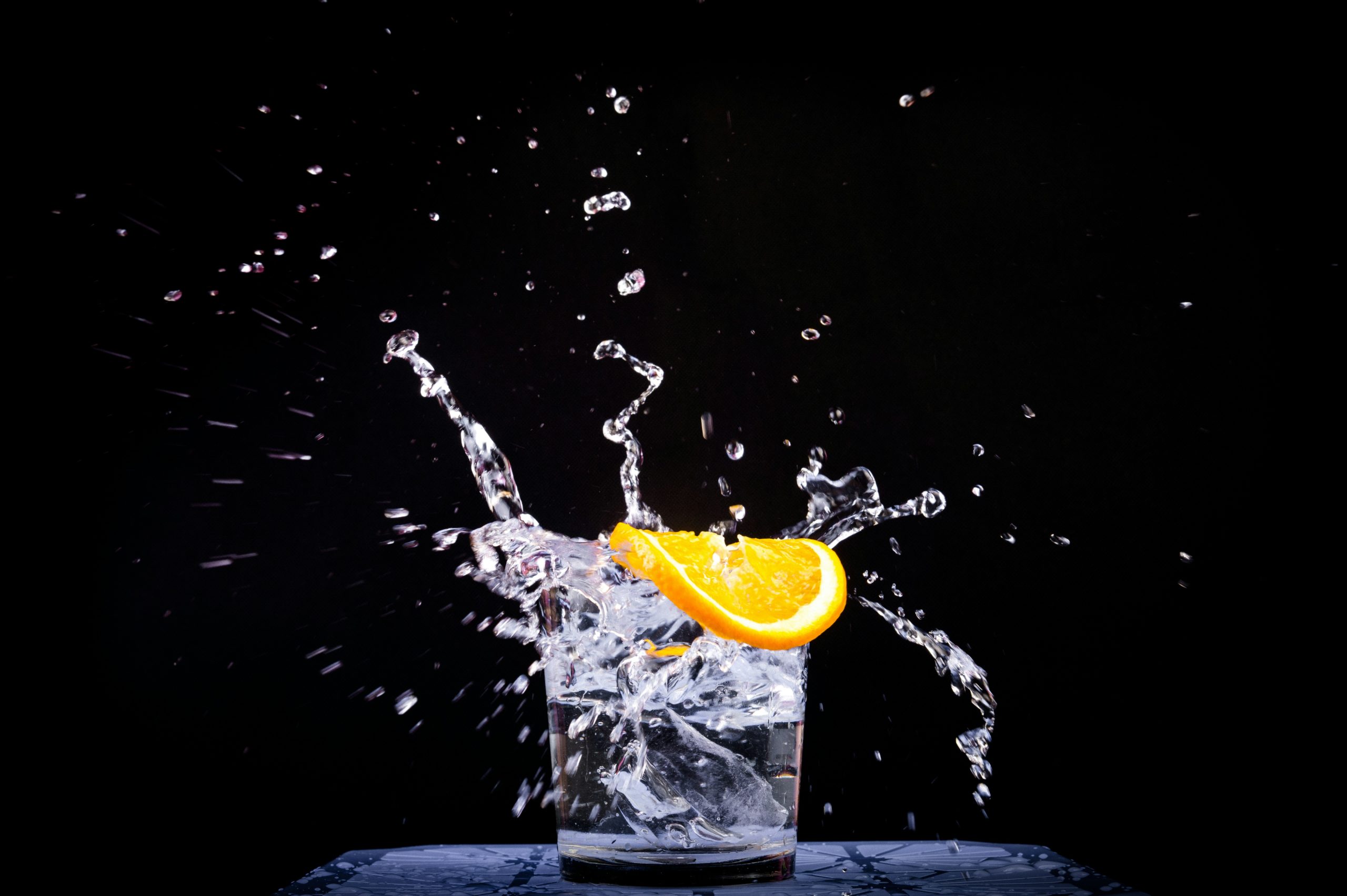One of the easiest and biggest ways you can improve your health and wellness is improving hydration. Yet so many of us struggle with hydration in our daily lives, leading to a myriad of health issues. We are here to help!
The Importance of Hydration
Our bodies rely on water to function optimally, with every cell, tissue, and organ depending on it to perform their respective roles.
- Regulation of Body Temperature: Sweating is the body’s natural mechanism for cooling down. Adequate hydration ensures that the body can produce enough sweat to regulate its temperature effectively, especially during physical exertion or in hot climates.
- Nutrient Transportation: Water plays a vital role in transporting nutrients and oxygen to cells and removing waste products from the body.
- Joint Lubrication: Water acts as a lubricant for joints, helping to cushion and protect them from impact and friction.
- Digestive Health: Water aids in the digestion, elimination, and absorption of food, helping to dissolve nutrients and carry them through the digestive tract.
- Cognitive Function: Dehydration can impair cognitive function, leading to difficulties in concentration, memory, and mood regulation.
Staying Hydrated
Here are some ways to ensure you’re getting enough fluids throughout the day:
- Drink Water Regularly: Don’t wait until you feel thirsty. Keep a reusable water bottle with you at all times as a reminder to hydrate. Mo keeps a 24 ounce water bottle on her nightstand and drinks it as part of her morning routine.
- Monitor Urine Color: Ideally, urine should be pale yellow or straw-colored. Darker urine may indicate dehydration, while excessively clear urine could signal overhydration.
- Set Hydration Goals: Aim to consume a certain amount of water each day, based on your individual needs and activity level. The general rule of thumb is 1/2 your body weight in ounces, but it’s important to adjust your intake based on factors such as age, weight, climate, and physical activity.
- Include Hydrating Foods: Incorporate hydrating foods like fruits (e.g., watermelon, oranges, strawberries), vegetables (e.g., cucumber, lettuce, celery), and soups into your diet. These foods not only provide hydration but also valuable nutrients and antioxidants.
- Be Mindful of Caffeine and Alcohol: Limit your intake of caffeinated and alcoholic beverages, as they can have diuretic effects, increasing urine production and potentially leading to dehydration. If you consume these beverages, balance them with increased water intake.
- Hydrate Before, During, and After Exercise: Hydration is especially important during physical activity to replace fluids lost through sweating. Consider an electrolyte mix if you’re engaging in prolonged or intense workouts.
- Listen to Your Body: Pay attention to thirst cues and listen to your body’s signals for hydration.
Hydration is a cornerstone of good health, impacting virtually every aspect of bodily function. So, raise a glass of water to your health and well-being and your body will thank you for it!




